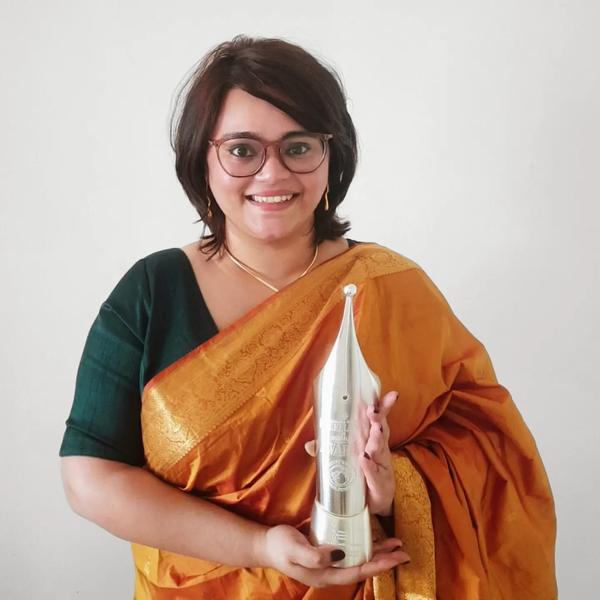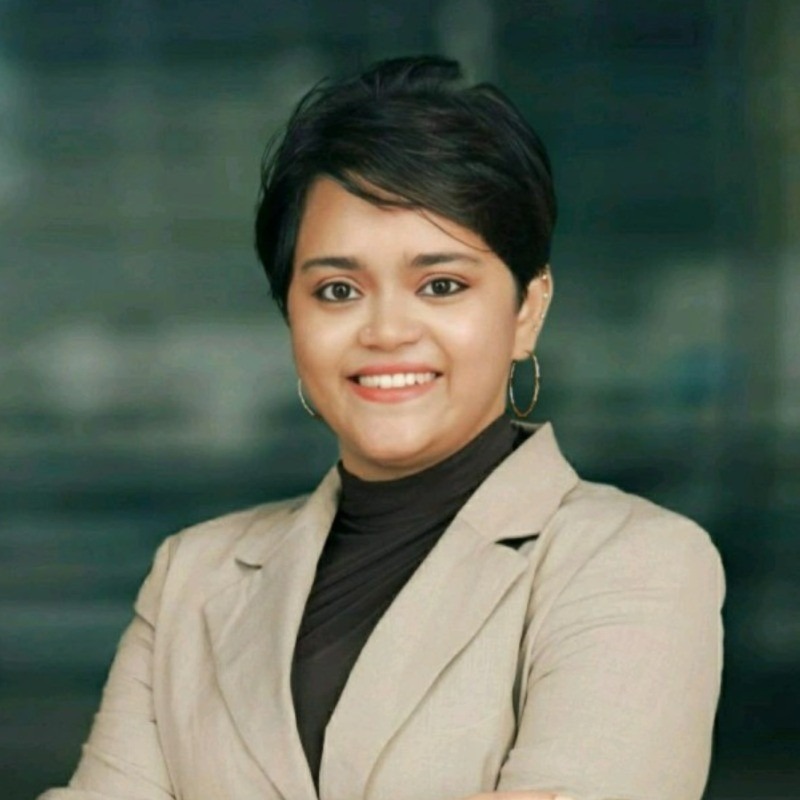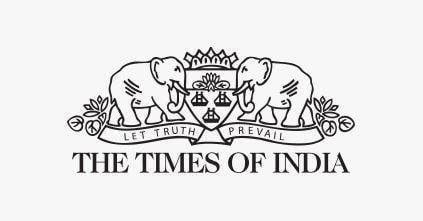

Rupsa Chakraborty is a Commonwealth Shared Scholar pursuing an MSc in Global Health Policy at the London School of Economics (LSE). Her academic work spans health policy, health economics, climate–health, systematic reviews, evidence synthesis, and mixed-methods research. She is also building technical proficiency in Excel, Stata, and R, with a focus on quantitative methods, data management, and applied health research. Her decade-long experience in frontline reporting strengthens her skills in public-health data interpretation and evidence-informed decision-making.
Before her MSc, Rupsa worked as a daily staff reporter specialising in investigative health journalism, with a data-driven focus on three core areas: health, climate change, and gender. Her work has appeared in The BMJ, Hindustan Times, The Indian Express, Mid-Day, DNA, Deccan Herald, The Times of India, and others. She has interviewed leading scientists, epidemiologists, and policymakers worldwide, and her reporting has informed public policy and health reforms in India. She continues to write on critical health issues as an independent journalist.
Her work has earned some of the most prestigious honours in journalism, including the Ramnath Goenka Award for Excellence in Journalism, the Statesman Rural Reporting Award, and the Laadli Media Award. She has also been selected for several highly competitive international health fellowships (listed below). She is one of the few Indians to have received both a Chevening Fellowship in 2024 and a Commonwealth Scholarship the following year.
At LSE, she is building expertise in health-systems strengthening, economic evaluation, impact assessment, and climate–health policy, with a focus on LMICs. She intends to build on this work through roles in global health research, policy analysis, monitoring & evaluation (M&E), and multilateral organisations advancing health equity and health sustainability.
𝗔𝘄𝗮𝗿𝗱𝘀 & 𝗙𝗲𝗹𝗹𝗼𝘄𝘀𝗵𝗶𝗽𝘀, 𝗦𝗰𝗵𝗼𝗹𝗮𝗿𝘀𝗵𝗶𝗽 𝗶𝗻 𝗛𝗲𝗮𝗹𝘁𝗵:
1. Commonwealth Shared Scholarship (2025)
2. Chevening South Asia Journalism Fellow (2024)
3. Ramnath Goenka Award for Excellence in Journalism (2022)
4. Statesman Award for Rural Reporting (2023)
5. UNFPA-Laadli Media Awards
6. Dart Center Fellow, Columbia University (2024)
7. Rare Disease Reporting Fellow – National Press Foundation
8. MSF South Asia – Without Borders Media Fellow
9. Schizophrenia Research Foundation–WHO Fellow
10. Lilly-REACH National Media Fellow











